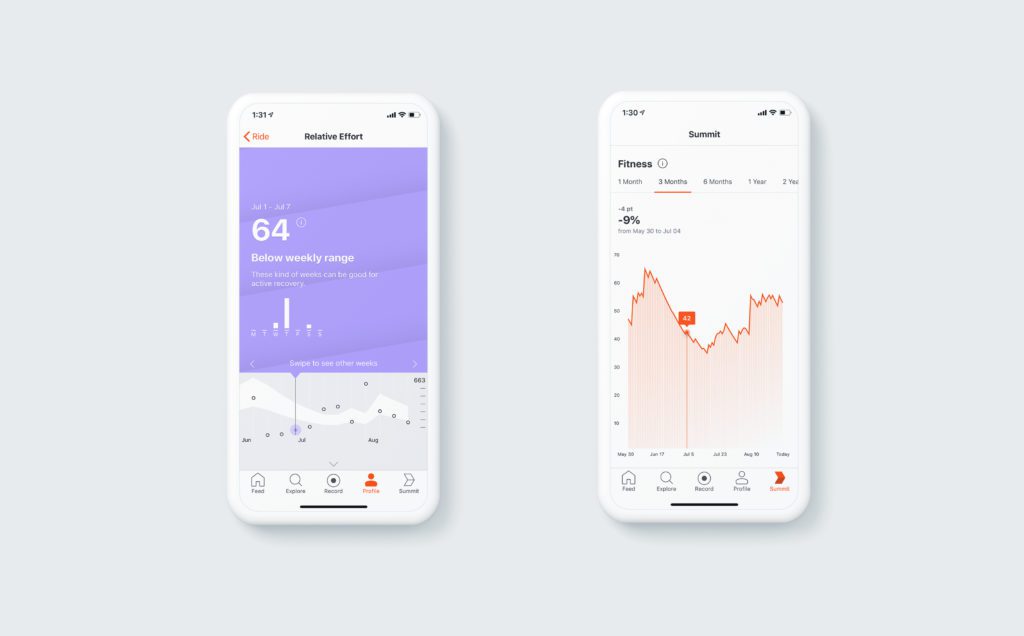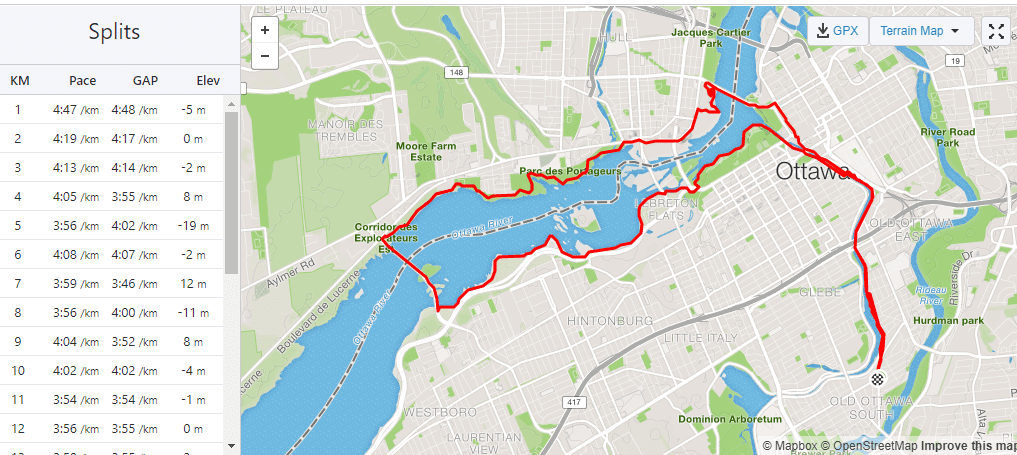Signs you may be developing a Strava-related injury
Impressing your followers won't necessarily make you a better runner

Runners have come to love Strava. It’s many exercisers’ social media app of choice and is only growing in popularity. While it can be a great tool for logging training, it can also derail that training if you’re not careful. When speed and intensity are increased too quickly, runners can get themselves into trouble. Here are some of the signs that your Strava use has gone from helpful to hurtful and how you can get yourself back on track.
RELATED: Why it’s better to do hills at the beginning of your run

RELATED: 5 signs you’re overtraining
You won’t upload a slow run
Not every day can be race day. In fact, easy days are paramount for improving your running. However, some runners are embarrassed by a slow run and hesitant to upload it to their profile, as it won’t impress their followers. While you certainly don’t need to upload every day, it’s important not to let the pressures of social media influence the pace you’re running at – especially when you know you need something chill.
You’re ditching easy days in favour of CR chasing
If you find yourself heading out the door for structured training and ditching your workout plan in favour of course record chasing – be wary of how often it’s occurring. CR efforts are totally fine mid-workout, but be careful with the off-day chase. Once and in a while is fine, but adding pickups to every run is a recipe for disaster.
Let the CRs go, and instead, show them who’s boss on race day.
Other people’s workouts are making you feel less-than
While Strava can be a big motivator, it can also be a bit of a stressor as well. If you’re finding that opening the app is getting you down, as opposed to bringing you up, maybe it’s time for a little break. After all, it’s important that you’re enjoying training and doing it for yourself – not for the kudos.
You’re obsessed with weekly mileage
Mileage is a tricky subject. On one hand, you need to run a certain number of kilometres a week to complete your goal race successfully, but on the other hand, all mileage isn’t created equal.

Max Paquette is a biomechanist who recently published a paper on the topic of mileage, urging runners to stop obsessing over it, but to look at the kilometres they’ve run alongside several other factors in their training. He wants it to be one measure of training, not the whole equation. He spoke with Canadian Running in August and said, “When you start thinking about it, you realize that distance and minutes run don’t mean the same thing for every person. We’re not saying you should throw out distance entirely, we’re saying that when it comes to monitoring the response to training, relying on mileage only can be misleading.”
Just because one of the runners you follow did a 100K week, doesn’t mean you need to (and if you’re going to try, build up to it first).
RELATED: Why you should end your obsession with weekly mileage
While Strava has brought runners together and given them a community through the pandemic, it can also distract from the simplicity of going for a run. If you feel like you may need a little social media break, take one. Your followers will be there when you get back.


